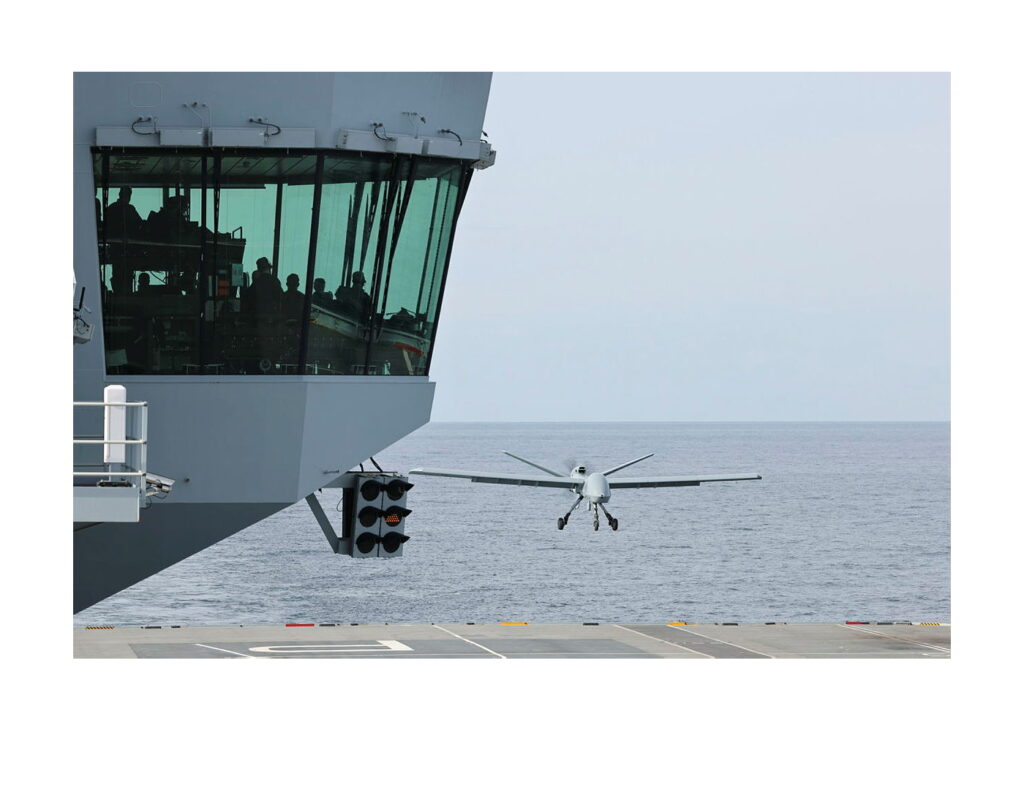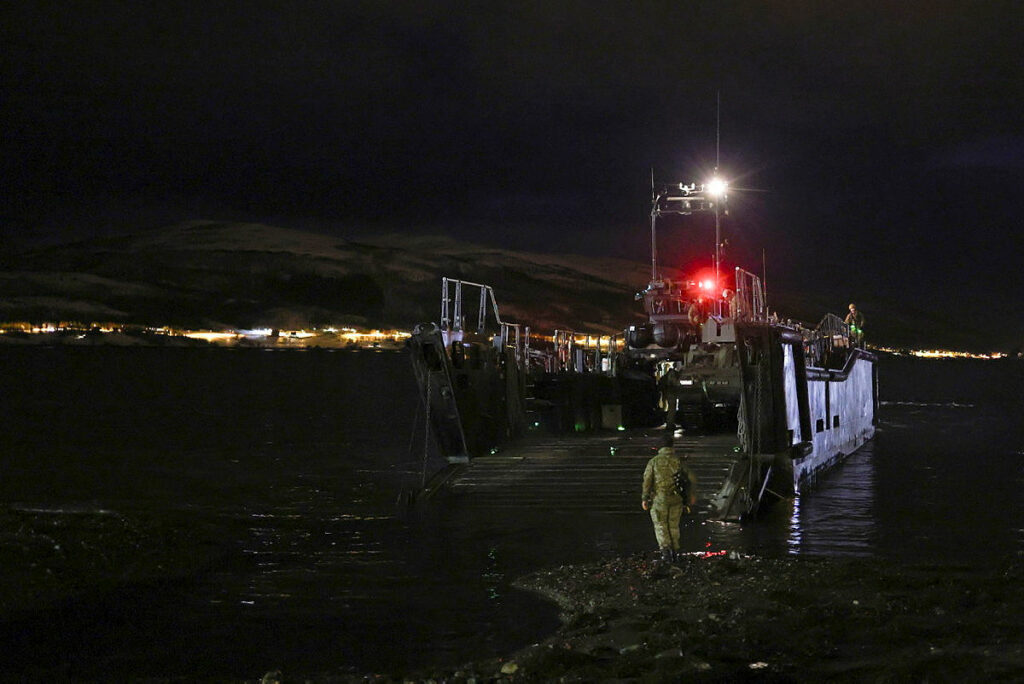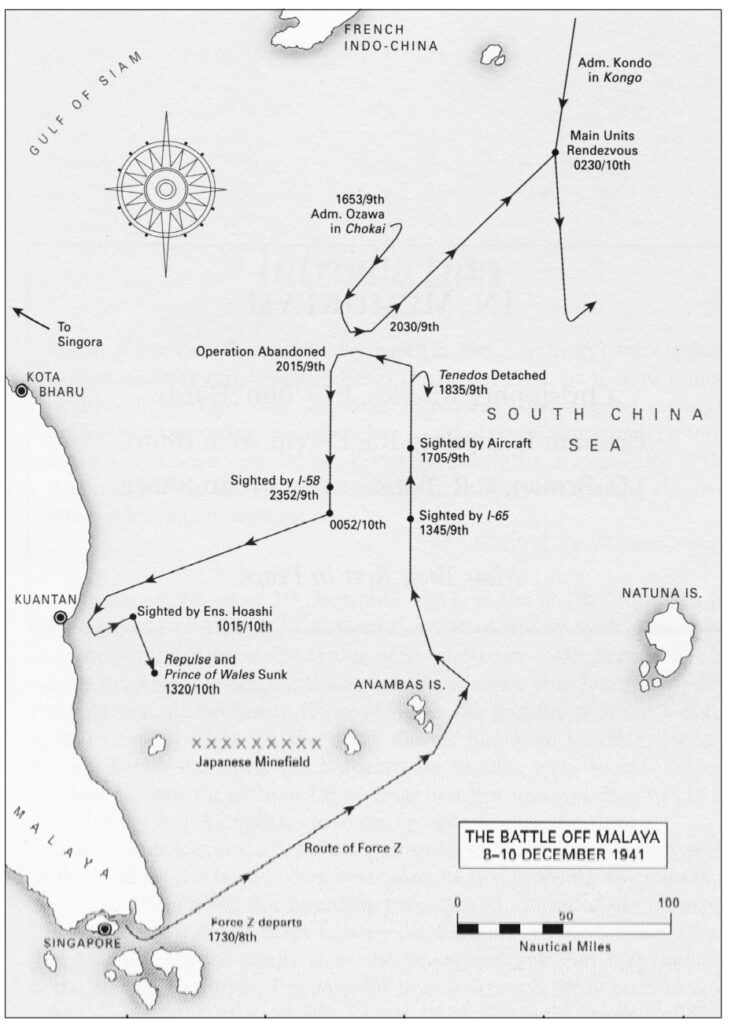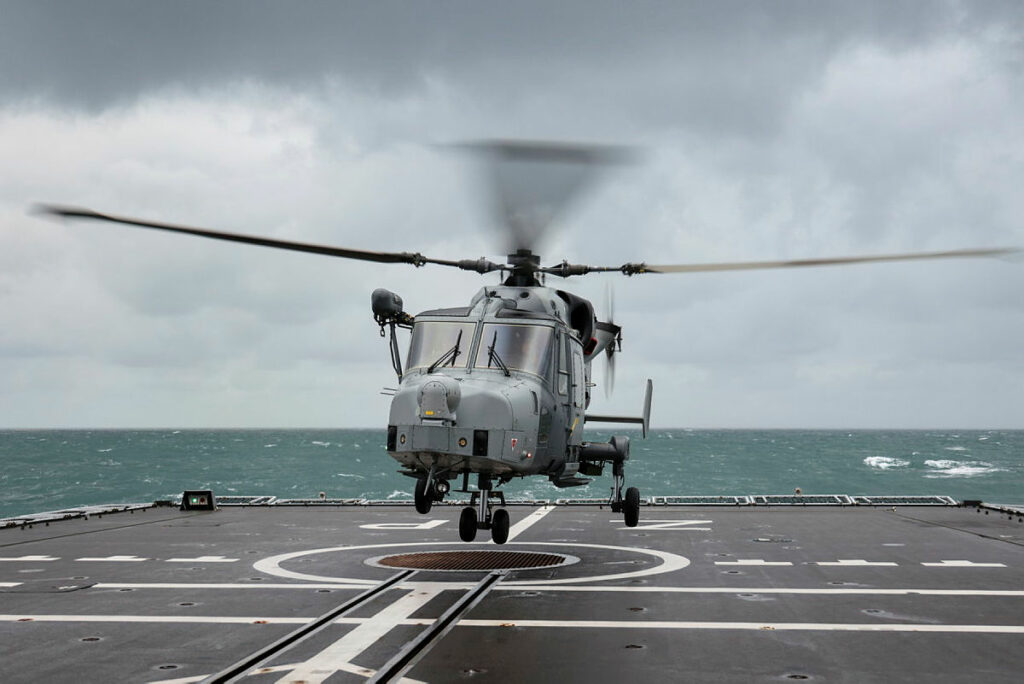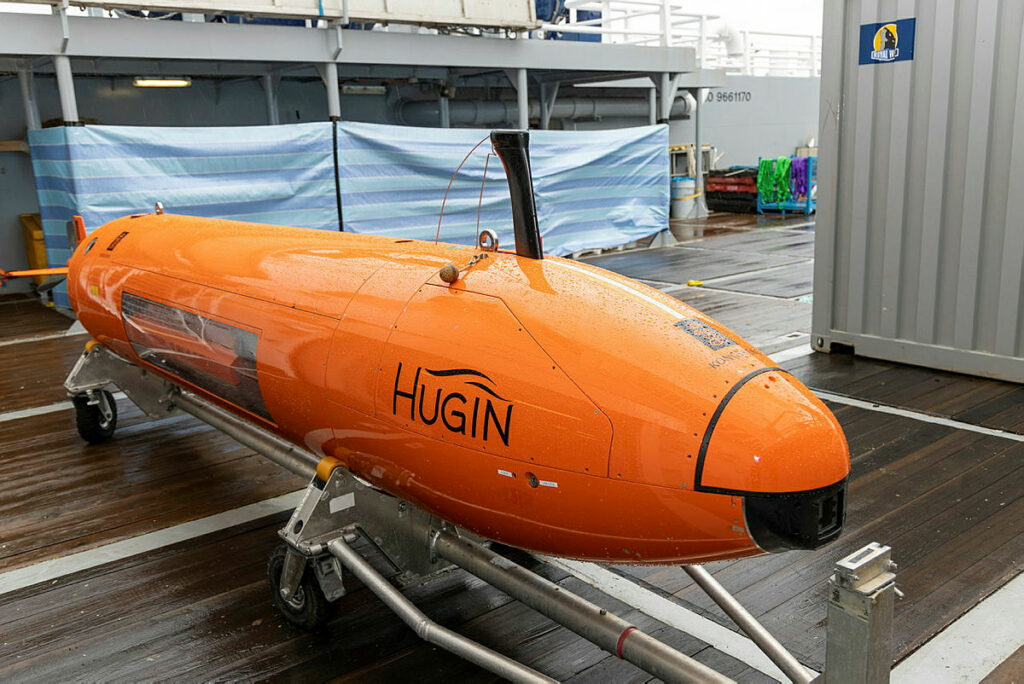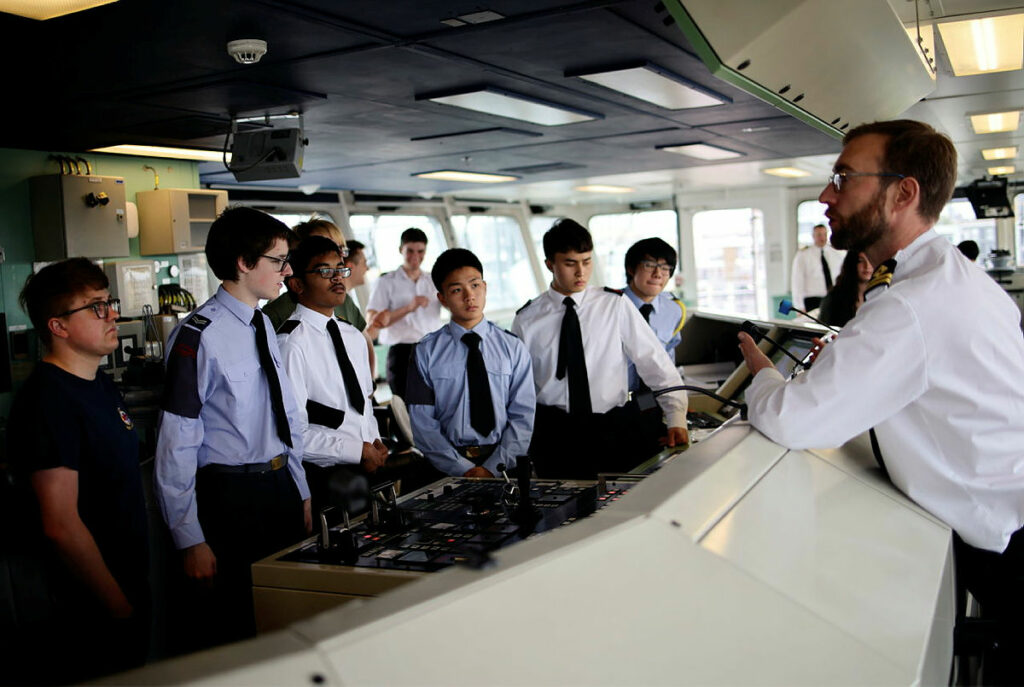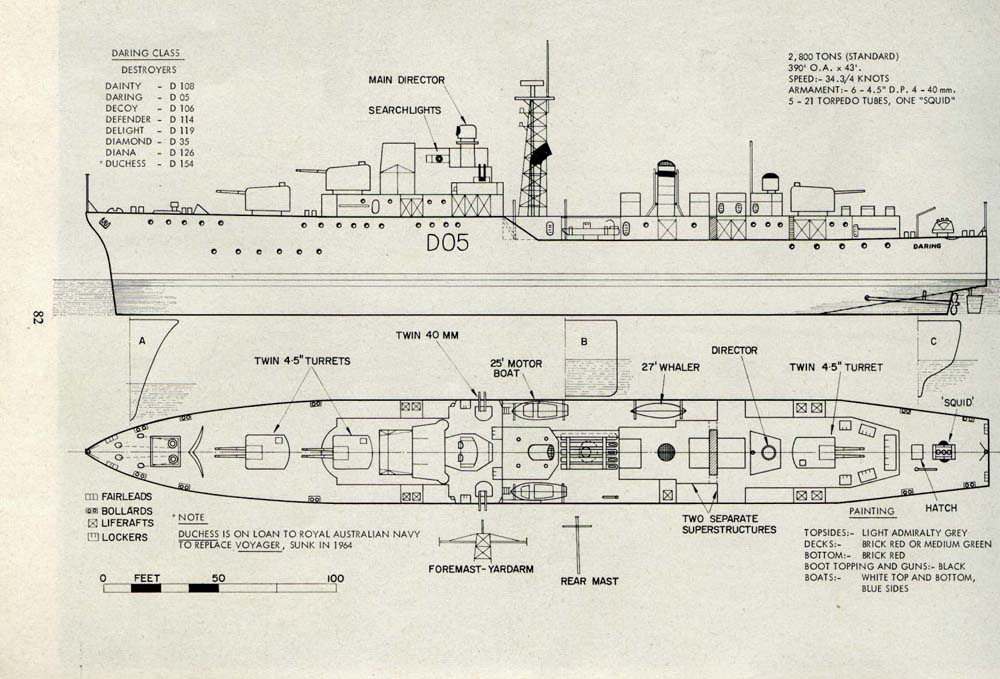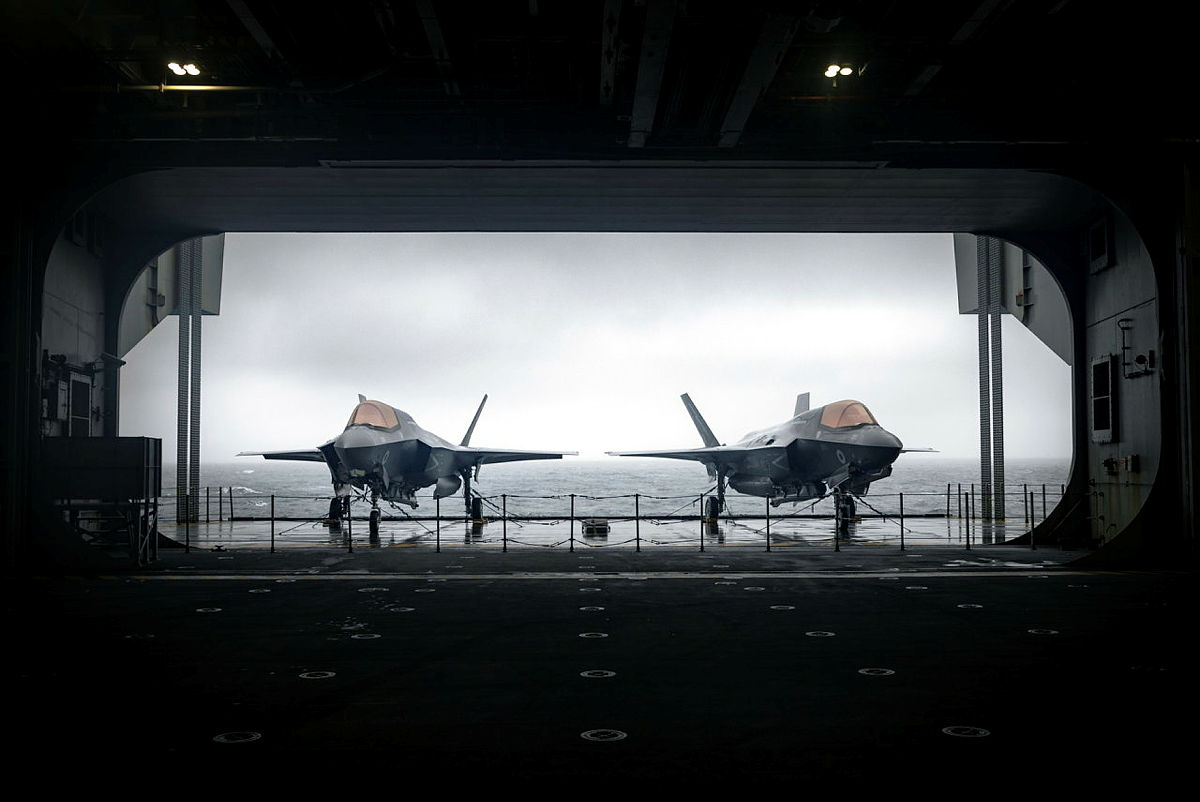
News & Views
News, Articles and Comment
The latest news and views in the UK Military Maritime Arena.
Showing all
The Integration of Unmanned Aerial Vehicles (UAVs) in Fleet Operations
Ed. The author explores the progressive integration of Unmanned Aerial Vehicles (UAVs) into RN fleet operations. The strategic and operational advantages of UAV and autonomous systems in modern naval warfare are undeniable and will only continue to grow. A 10 minute read.
The trouble with the Future Commando Force
Ed. The author criticises the Future Commando Force (FCF) concept as a narrow misreading of the Royal Marines’ traditional combined arms and amphibious roles. A 20 minute read.
Letter to the Editor: A Reply to ‘Admiral Tom Phillips and the final command of Force Z’
Ed. Our correspondent, an expert on the fate of Force Z, responds to Bruce Pascoe’s analysis of Admiral Tom Phillips’ decision-making during the Malay oki kaisen.
AI in the RN, so what?
Ed. The author examines the state of the art with regard to generative AI, contending that human-like complex reasoning functions are necessary to improve AI’s usefulness for the RN, potentially introducing an advisory function for AI in the near future, alongside automating many other tasks and functions. A 15 minute read.
Next generation Autonomous Underwater Vehicles – A gamechanger in mine countermeasure operations
Ed. The author describes the Autonomous Underwater Vehicle (AUV) developments in the Royal Norwegian Navy and NATO that will revolutionize mine countermeasure operations in the coming years. A 25 minute read.
Navigating the Digital Seas: A Case for the Royal Navy’s Transition to a Paperless Environment
Ed. The fifth article in our series from BRNC Pellew Division officer cadets, here the author considers the advantages of moving to an entirely digital work environment for the RN, future-proofing for talent and inclusion. A 10 minute read.
Ships of the Future Navy: A 1949 Paper by ACNS
Ed. Capt Stocker’s forthcoming Navy Records Society volume The Postwar Fleet is highly anticipated. Provided here is a sample document, written in 1949 by the Assistant Chief of the Naval Staff, Rear Admiral Ralph Edwards, later Controller of the Navy and then Commander-in-Chief Mediterranean. It was circulated to the First Sea Lord and other members of the Admiralty Board. The original is held at the National Archives, Kew [ADM 205/83]. A 20 minute read.
Is the hiatus in warfare about to end?
Ed. The author surveys recent drone warfare developments in Ukraine, pointing to the tactically revolutionary, but strategically not yet decisive, technological horizon. Russia and Ukraine will continue to seek marginal advantages in the attrition battle as both sides re-arm and await the spring. Originally published in The Article. A 10 minute read.
Letter to the Editor: Skin in the game
Ed. The author gives his state of play on the current socioeconomic conditions impacting British seapower, and proposes a possible RN force structure financially tailored for a ‘regional’ rather than a ‘global’ Britain.

